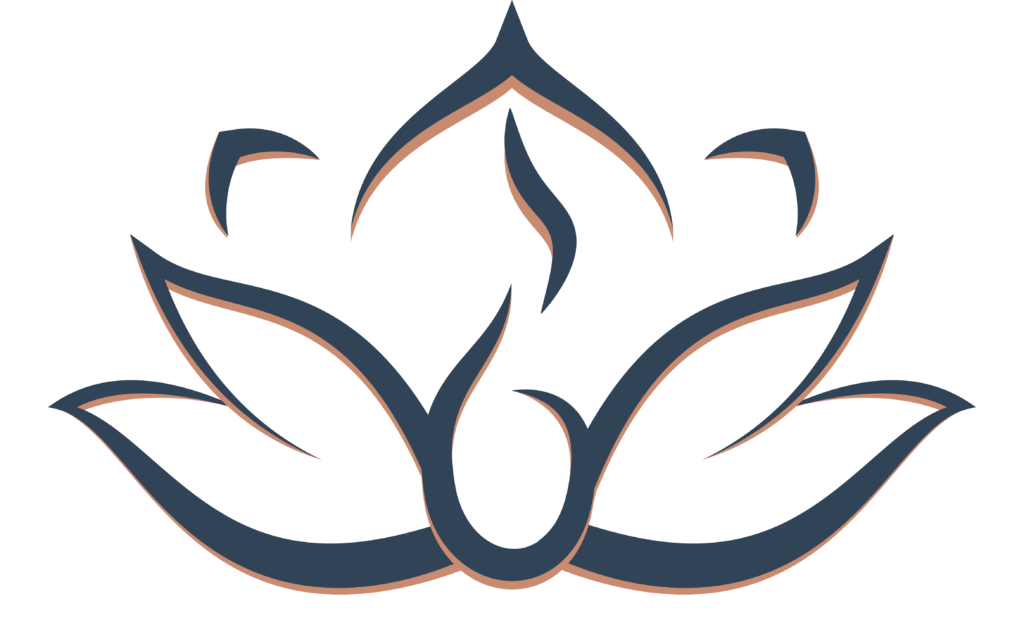Embracing the Elastic Band Analogy
Think about your life as though you have an elastic band wrapped around you. The elastic band has two versions of you in it – your child self and your adult self. The distance between the two will impact the tension of the elastic band. The closer they are together the floppier and looser the elastic band becomes freeing them up to move around wherever they want. The closer they are, the better they communicate and the easier they move forward exploring life adventures together.
The more distant the child and adult versions are the more space is created between them, and the tighter the elastic band becomes making it harder it is to move around freely. We all know elastic bands can only stretch so far before they break. This elastic band however is made from some good stuff which means it won’t break…it just gets pulled very hard. When it reaches its stretching capacity both the adult and child parts get stuck and struggle to figure out how to move forward as any movement feels like hard work. It’s effortful and most of the effort comes from the adult part trying to move forward but feeling stuck. The adult part becomes resentful towards the child part for not moving along more easily. The child part feels ignored, lonely and unwanted by the adult part who is angry, negative and not very inviting. We have a problem which leads to both parts feeling stuck, which happens a lot with many clients I see.

Understanding Trauma and Coping Mechanisms
When difficult experiences occur in childhood a lot of people cope by detaching themselves from the experiences. Some people zone out of painful experiences, some learn to people please to seek attention and love, and others learn to focus on problem-solving their way through their adversity rather than feeling their emotions which would be too much for them to manage without a caring and nurturing adult to help them. Some distract themselves as the brain is focused on its primary instinct of survival over feeling. The early coping strategy, which was adaptive then, continues to grow and sometimes becomes maladaptive in adulthood.
Unraveling the Impact: Trauma and Imposter Syndrome
As a psychologist specialising in trauma and imposter syndrome, I often find myself having conversations with clients about the impact of their past on their current situation. Without a doubt, the tangled webs of their past experiences impact their present challenges.
Consider for a moment the elastic band analogy described earlier. It illustrates the dynamic between our adult selves and the child selves we carry within—the tension, the distance, and the struggle to move forward. The more we avoid our past experiences, the harder our present experience can become.
Trauma, whether overt or subtle and coping strategies, often adaptive at the time of adversity but maladaptive in later life, act as the force pulling the adult and child selves apart, creating that tension in the elastic band of our psyche. Imposter syndrome, too, plays its part in this intricate dynamic, whispering doubts and insecurities that widen the gap between who we are and who we believe ourselves to be.

The Healing Journey: Acceptance and Self-Compassion
But ironically, looking towards our childhood and sitting with those experiences can indeed help us move forward. It’s not about dwelling in the past, wallowing in pain, or staying stuck there; rather, it’s about embracing all of our life story—including the messy, the painful, and the sad parts. It’s about acknowledging the elastic band that binds our past and present selves and understanding that healing begins with acceptance of who we are which means accepting who we have been without shame.
Acceptance doesn’t mean resignation; it means reclaiming our narratives, owning our truths, and rewriting the scripts that no longer serve us. It means extending compassion to our inner child, acknowledging their pain, and reassuring them that they are seen, heard, and worthy of love.
In my work with clients grappling with imposter syndrome, I often emphasise the importance of self-compassion—the antidote to self-doubt and self-criticism. By cultivating a compassionate stance towards ourselves, we create space for vulnerability, authenticity, and growth. We learn to celebrate our successes not as fleeting moments of validation, but as reflections of our inherent worthiness.
Moving Forward
Moving forward doesn’t mean erasing the scars of our past; rather, it means honouring our journeys and leveraging our resilience to chart new paths. It means recognising that true belonging begins within. It means holding that inner child close, hearing their story, and letting that child know they are safe, seen and loved. When that inner child is held close by, life in the here and now becomes easier to navigate.
So, to those navigating the murky waters of trauma and/or imposter syndrome, I offer this gentle reminder: you are not alone, and your worth is not contingent upon external validation. You are a mosaic of experiences—beautifully flawed, exquisitely human. And as you journey forward, may you find solace in the echoes of your past and courage in the whispers of your truth.
If you feel stuck with how to look back to move forward, you may want to consider booking an assessment for therapy. Dr Kaur specialises in helping people work through these challenges and has a range of approaches which may help. Contact her today to book an appointment.



